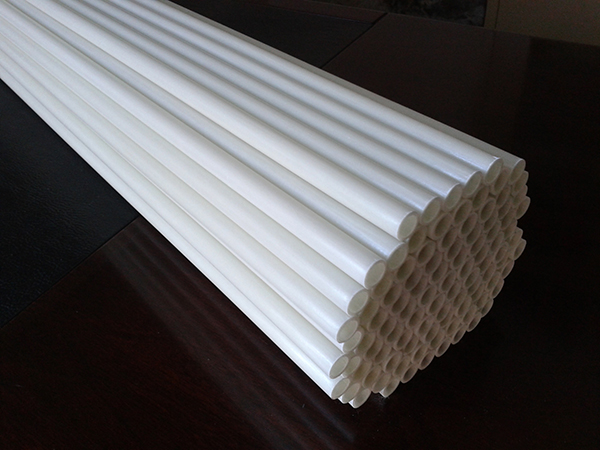- 01
- Apr
Custom Fiberglass Rods for Induction Melting Furnaces
Custom Fiberglass Rods for Induction Melting Furnaces
Glass fiber is an inorganic non-metallic material with excellent performance. There are many kinds. The advantages are good insulation, strong heat resistance, good corrosion resistance and high mechanical strength. It is made of pyrophyllite, quartz sand, limestone, dolomite, borosite and boronite as raw materials through high temperature melting, wire drawing, winding, weaving and other processes. The diameter of its monofilament is a few From 1 to 20 microns, which is equivalent to 1/20-1/5 of a hair, each bundle of fiber strands is composed of hundreds or even thousands of monofilaments. Glass fibers are commonly used as reinforcements in composite materials, and have a wide range of applications in aerospace, electrical insulation, biomedical, environmental, building materials, automotive, and industry and agriculture.
1. High strength and good quality
The relative density is between 1.5 and 2.0, only 1/4 to 1/5 of carbon steel, more than carbon steel, and the strength can be compared with that of high-grade alloy steel. Excellent results.
2. Résistance à la corrosion
Good corrosion-resistant material, it has good resistance to atmosphere, water and general concentrations of acids, alkalis, salts, and various oils and solvents. It has been applied to all aspects of chemical anti-corrosion, and is replacing carbon steel, stainless steel, wood, non-ferrous metals, etc.
3. Bonne résistance à la chaleur
It has low thermal conductivity and is an excellent thermal insulation material. In the case of instantaneous ultra-high temperature, it is an ideal thermal protection and ablation resistant material, which can protect the spacecraft from the erosion of high-speed airflow above 2000°C.

